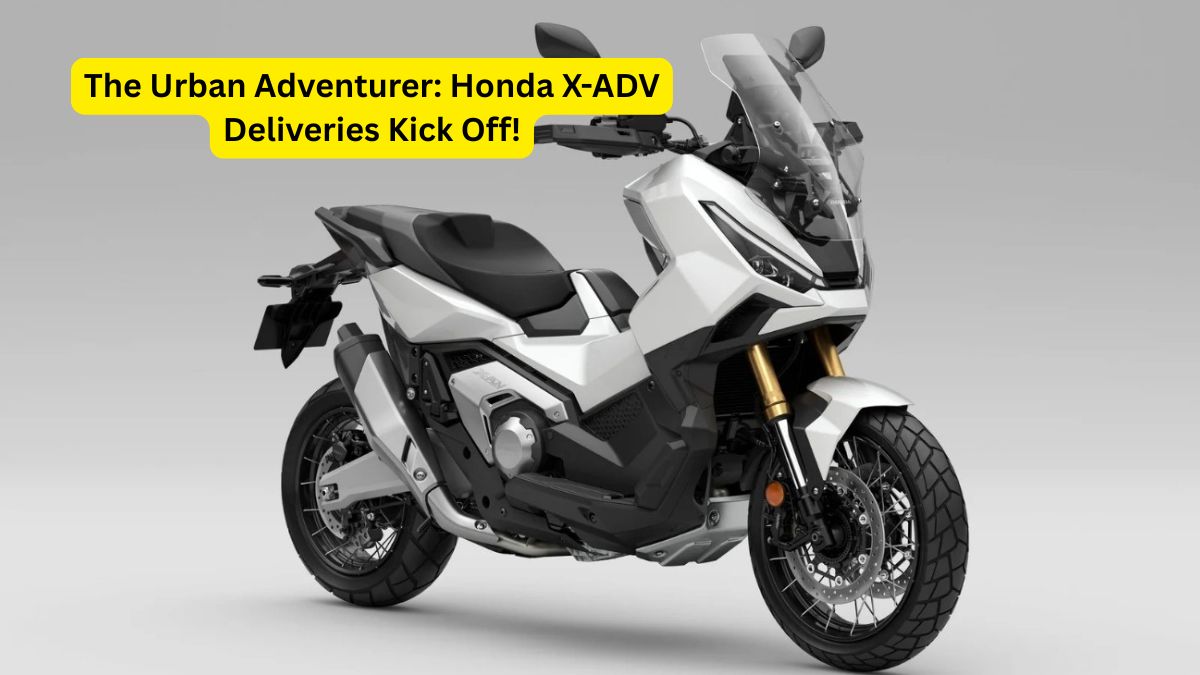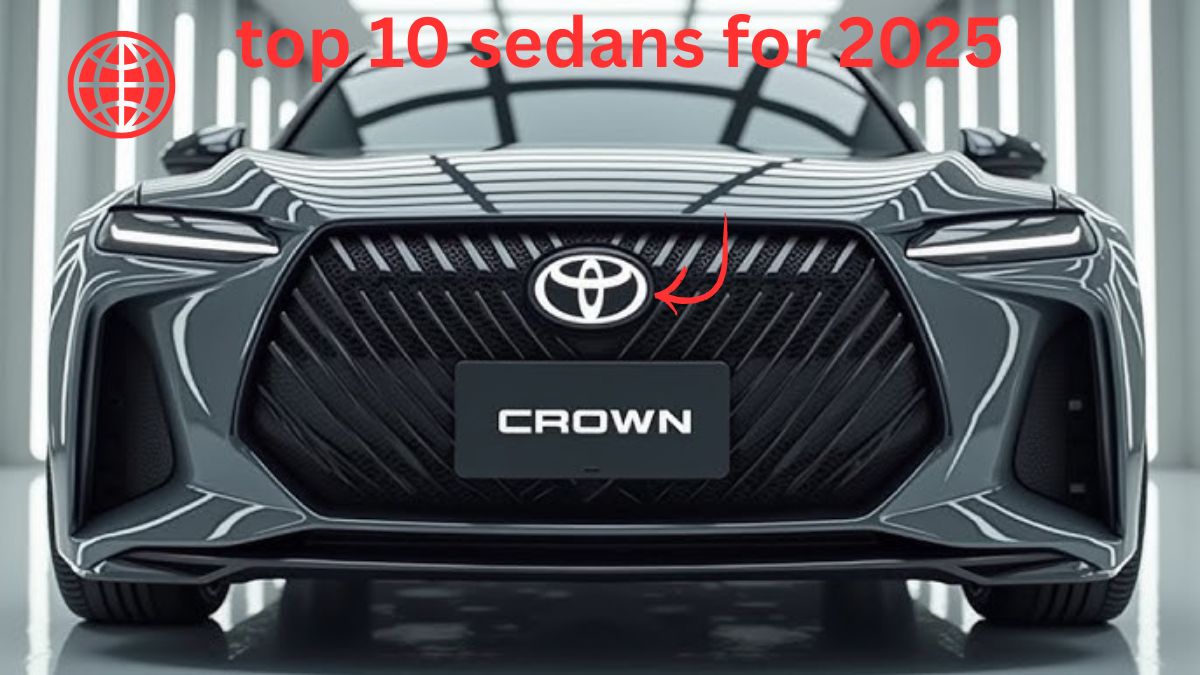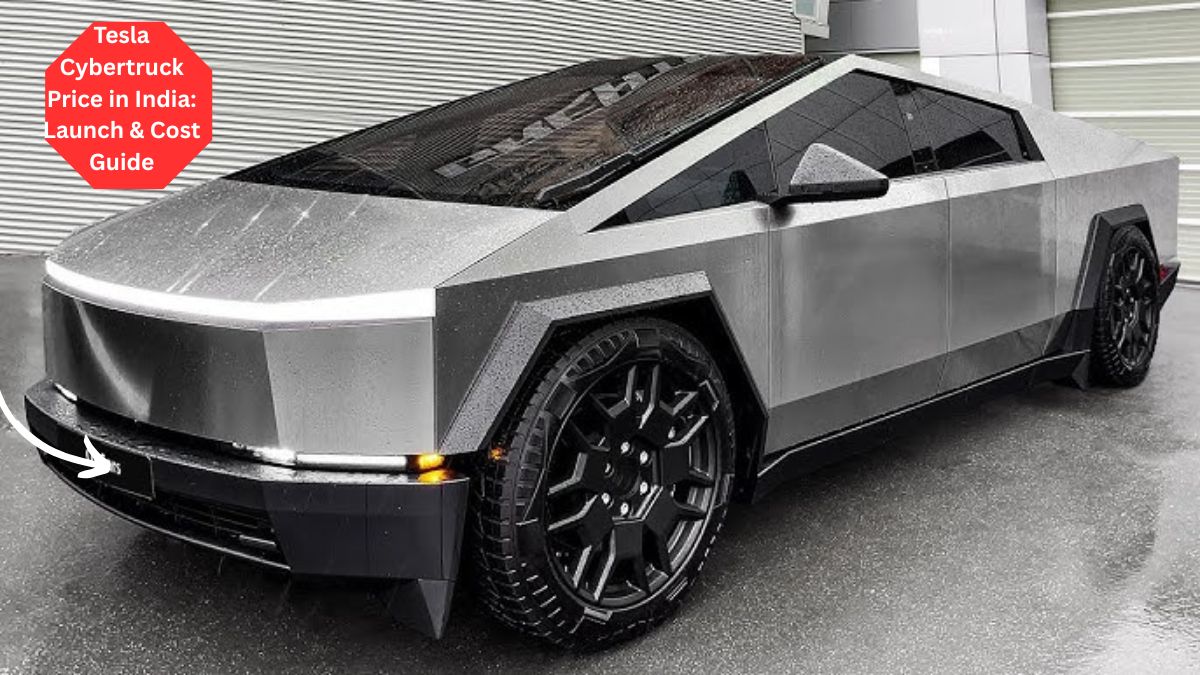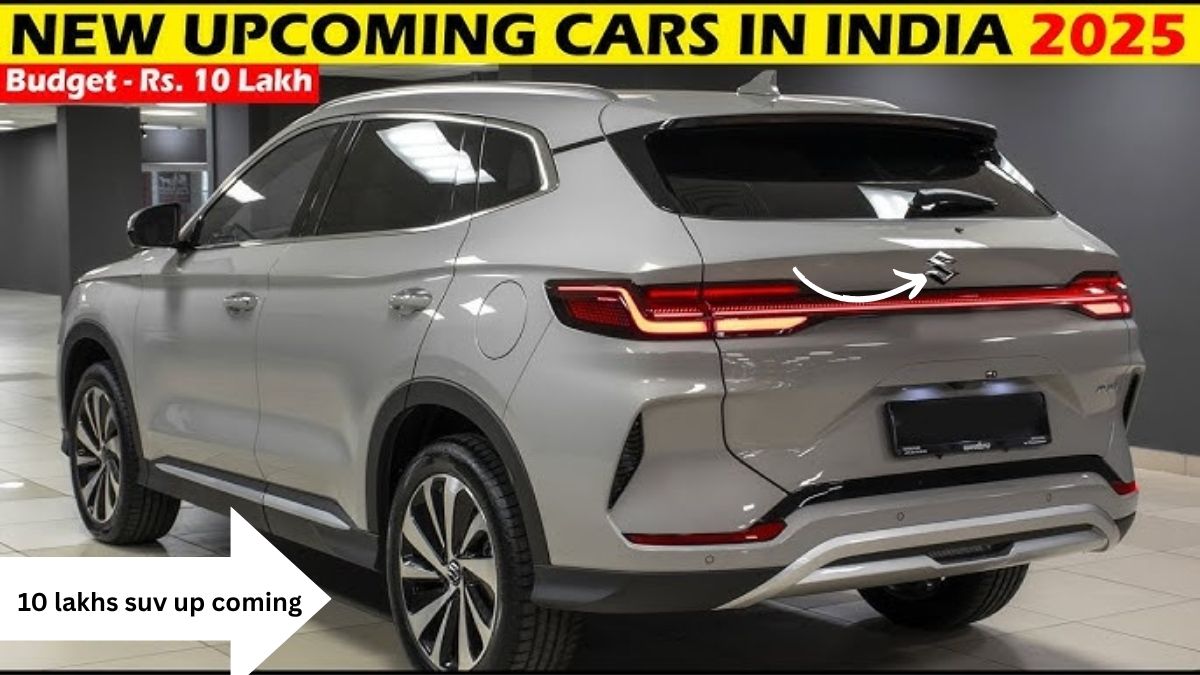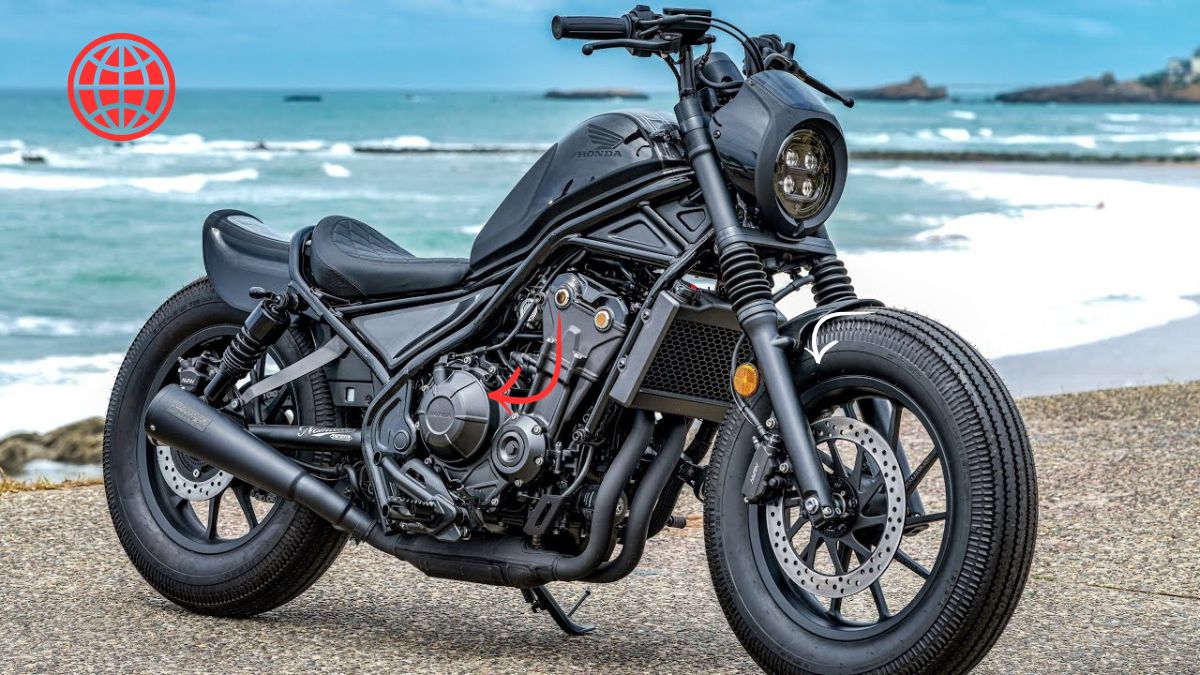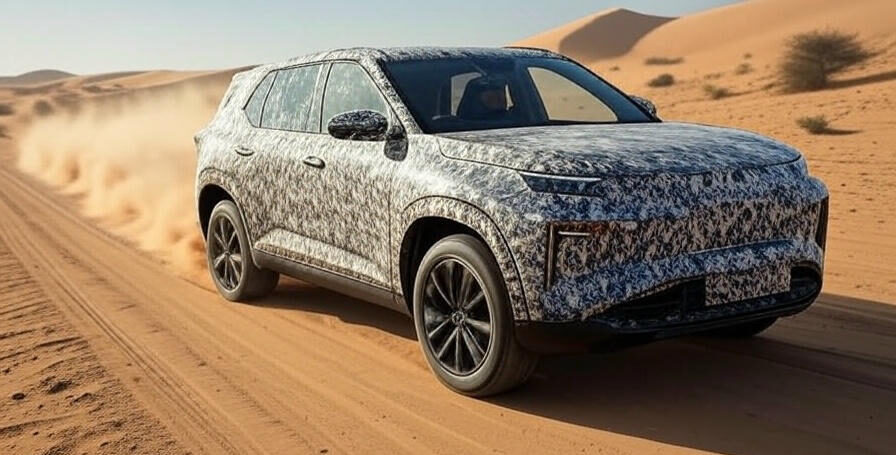The motorcycle market offers two great options for riders: the Kawasaki Eliminator vs Royal Enfield Himalayan 450. These bikes represent different approaches to two-wheeled transportation – the Eliminator is a modern cruiser designed for the streets, while the Himalayan 450 is built for adventure with its off-road capabilities.
Your decision between these motorcycles will greatly impact your riding experience. The Eliminator’s parallel-twin engine provides smooth power for city commuting and highway cruising, while the Himalayan’s sturdy single-cylinder engine confidently handles various terrains.
In this comparison, we’ll take a close look at the main differences between these motorcycles to help you make an informed choice. We’ll explore:
- Engine performance and power delivery
- Design elements and ergonomics
- Suspension and handling characteristics
- Technology features
- Practical considerations for daily use
Whether you prefer riding in the city or have dreams of exploring off-road, understanding what sets these bikes apart will help you find the perfect machine that matches your riding goals.
Kawasaki Eliminator vs Royal Enfield Himalayan 450: Key Differences at a Glance
The Kawasaki Eliminator and Royal Enfield Himalayan 450 represent two distinct approaches to motorcycling, each with unique characteristics that set them apart:
| Feature Kawasaki Eliminator Royal Enfield Himalayan 450 Engine | 451cc parallel-twin engine delivering 45 bhp | 452cc single-cylinder Sherpa engine producing 40 bhp |
| Design | Street-focused cruiser design | Adventure-ready styling with rugged build |
| Fuel Tank Capacity | 13-liter fuel tank capacity | 17-liter fuel tank for extended range |
| Weight | 176 kg weight for nimble city handling | 196 kg wet weight |
| Ground Clearance | 150mm ground clearance | 230mm ground clearance for off-road capability |
| Features | Basic feature set prioritizing performance | Advanced electronics package with multiple ride modes |
The Eliminator excels in urban environments with its lighter weight and street-focused design, priced at a premium ₹5,62,037. In contrast, the Himalayan 450 brings versatility to both on and off-road scenarios at a more accessible ₹2,85,000, equipped with modern technology and adventure-ready features. Its adventure-ready styling and rugged build make it suitable for varied terrain types.
These bikes target different riding experiences – the Eliminator creates a premium street presence while the Himalayan 450 emphasizes practical adventure capability across diverse landscapes.
1. Engine Performance
The Kawasaki Eliminator and Royal Enfield Himalayan 450 have different engine designs that give them their own riding styles.
Kawasaki Eliminator Engine Specs:
- 451cc parallel-twin, 4-stroke engine
- Liquid-cooled DOHC configuration
- 44.7 bhp power output at 9000 rpm
- 42.6 Nm peak torque
- Mileage: 29.5 kmpl
Royal Enfield Himalayan 450 Engine Specs:
- 452cc single-cylinder Sherpa 450 engine
- Liquid-cooled DOHC setup
- 39.47 bhp power delivery at 8000 rpm
- 40 Nm maximum torque
- Mileage: 31.5 kmpl
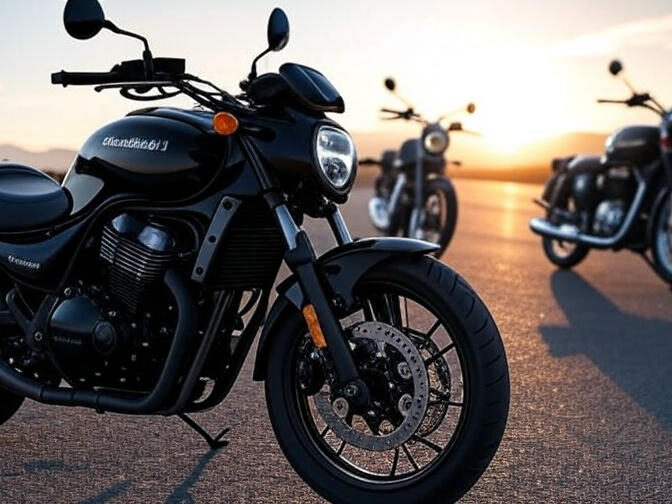
The Eliminator’s parallel-twin design provides smoother power delivery and less vibration at higher speeds, making it ideal for highway cruising. On the other hand, the Himalayan’s single-cylinder engine produces a distinctive thump and strong low-end torque, which is advantageous for off-road rides and navigating challenging terrains.
The differences in power delivery also reflect the purpose of each bike – the Eliminator is built for smooth street performance, while the Himalayan is designed to handle various types of terrain with versatility.
2. Design and Ergonomics
The Kawasaki Eliminator and Royal Enfield Himalayan 450 showcase distinct design philosophies that cater to different riding preferences.
Design Philosophy of the Eliminator
The Eliminator embraces classic cruiser aesthetics with its low-slung profile, pulled-back handlebars, and forward-set footpegs. Its sleek lines and chrome accents create a street-focused presence that turns heads in urban environments.
Design Philosophy of the Himalayan 450
In contrast, the Himalayan 450 sports a rugged adventure-ready design with upright ergonomics and a commanding riding position. Its tall windscreen, robust crash protection, and purposeful stance reflect its off-road capabilities. The bike’s modular design allows for easy mounting of panniers and other adventure touring accessories.
Key Design Features:
- EliminatorLow seat height at 735mm
- Forward-control riding position
- Street-oriented 17-inch wheels
- Compact 13L fuel tank
- Himalayan 450Adjustable seat height (825-845mm)
- Neutral upright riding position
- Dual-purpose 21-inch front/17-inch rear wheels
- Adventure-ready 17L fuel tank
Ground clearance plays a crucial role in their design differences. The Eliminator’s 150mm clearance suits urban environments and highway cruising. The Himalayan’s impressive 230mm clearance enables confident off-road exploration and obstacle navigation.
Both bikes accommodate two riders comfortably, yet their approaches differ. The Eliminator features a stepped seat design prioritizing cruiser comfort. The Himalayan offers adjustable ergonomics with multiple seat height options, making it accessible to riders of varying statures.
3. Frame, Suspension, and Braking Systems
The Kawasaki Eliminator and Royal Enfield Himalayan 450 share a common foundation in their trellis steel frames, yet each bike’s chassis design serves distinct purposes. The Eliminator’s frame prioritizes street stability and cruising comfort, while the Himalayan’s structure emphasizes durability and off-road capability.
Suspension Setup
- Eliminator: Standard telescopic front forks paired with twin rear shock absorbers
- Himalayan 450: Premium Showa USD forks with 200mm travel, linked to a fully adjustable rear mono-shock offering 180mm travel
The Himalayan’s sophisticated suspension system allows riders to:
- Fine-tune compression settings
- Adjust preload for varying load conditions
- Tackle challenging terrains with confidence, similar to the experience offered by the KTM 1190 Adventure which is renowned for its off-road prowess
Braking Performance
- Eliminator:
- 300mm front disc
- 250mm rear disc
- Dual-channel ABS
- Himalayan 450:
- 320mm front disc with ByBre caliper
- 270mm rear disc
- Switchable dual-channel ABS
The Himalayan’s switchable ABS feature gives riders the flexibility to disable rear ABS for enhanced control during off-road adventures. This adaptability, combined with larger disc dimensions, provides superior stopping power across varied terrain types.
The integration of these components creates distinct handling characteristics – the Eliminator delivers predictable road manners, while the Himalayan offers versatile performance from city streets to mountain trails.
4. Features and Technology
The Royal Enfield Himalayan 450 brings modern technology to the adventure segment with its comprehensive electronics package. You’ll find four distinct ride modes – Performance, Rain, Eco, and Custom – each tailoring the power delivery and throttle response to match different riding conditions.
The Himalayan’s throttle-by-wire system enables precise control and smoother power delivery, particularly beneficial when navigating challenging terrain. The centerpiece of its tech offerings is the Tripper TFT display, providing:
- Turn-by-turn navigation
- Bluetooth connectivity for smartphone integration
- Real-time ride statistics
- USB-C charging port for device power on the go
The Kawasaki Eliminator takes a more traditional approach, focusing on pure riding dynamics. Its feature set includes:
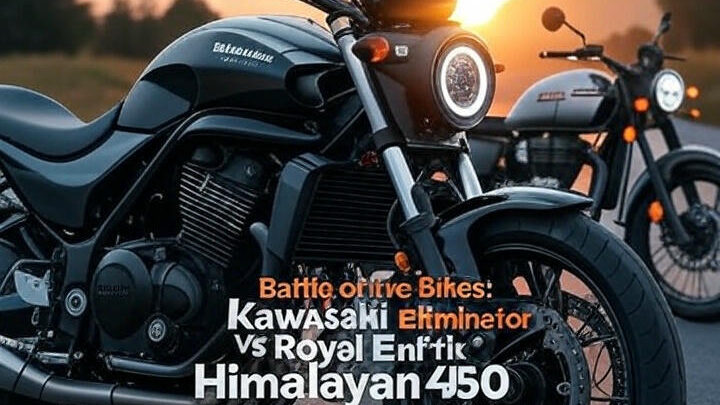
- LED lighting system
- Digital instrument cluster
- Standard ABS system
- Gear position indicator
While the Eliminator might seem basic in comparison, its streamlined technology package aligns with its street-focused character. The absence of complex electronics creates a pure riding experience that many cruiser enthusiasts prefer.
| Feature | Kawasaki Eliminator | Royal Enfield Himalayan 450 |
|---|---|---|
| ABS | Dual-channel ABS | Dual-channel ABS |
| Lighting | Full LED | LED Headlamp with DRLs |
| Instrument Cluster | Digital | Semi-digital or analog-digital |
| Accessories | Limited | Wide range (panniers, crash guards) |
The tech gap between these bikes reflects their different design philosophies – the Himalayan embraces modern adventure bike expectations, while the Eliminator maintains classic cruiser simplicity.
5. Practical Considerations: Weight, Dimensions & Fuel Capacity
The Kawasaki Eliminator weighs 176 kg, making it the lighter option for riders seeking nimble handling in urban environments. The Royal Enfield Himalayan 450’s weight of 196 kg reflects its sturdy construction and adventure-ready features.
Dimensional Comparison:
- Eliminator: Length: 2250 mm, Width: 785 mm, Height: 1100 mm
- Himalayan 450: Length: 2284 mm, Width: 852 mm, Height: 1316 mm
The Himalayan’s larger dimensions create a strong presence on the road while providing better wind protection and stability during off-road trips. Its taller height allows for greater suspension travel and ground clearance when navigating rough terrain.
Fuel Capacity Impact
The Himalayan’s 17-liter fuel tank offers extended range between fill-ups – perfect for long-distance touring and remote adventures. You’ll appreciate this larger capacity during extended off-road excursions where fuel stations are scarce. The Eliminator’s 13-liter tank aligns with its urban-focused design, providing sufficient range for city commuting and weekend rides.
These practical differences highlight each bike’s intended purpose: the Eliminator as an agile urban cruiser and the Himalayan as a versatile adventure touring machine.
| Aspect | Kawasaki Eliminator | Royal Enfield Himalayan 450 |
|---|---|---|
| Riding Position | Reclined cruiser | Upright and alert |
| Seat Comfort | Cushioned for cruising | Supportive for long rides |
| Suspension | Balanced for street use | Long travel for off-road |
| Handlebar Position | Wide and low | Tall and wide |
6. Riding Experience and Target Audience
The Kawasaki Eliminator speaks directly to riders seeking the quintessential cruiser experience. You’ll find yourself naturally drawn to its laid-back riding position, perfect for those long highway stretches and city cruising. The parallel-twin engine delivers a smooth power delivery that makes it one of the best cruiser bikes in India for both weekend leisure rides and daily commutes.
Target Audience: Cruiser Enthusiasts
The Eliminator is designed for riders who appreciate the classic charm of cruisers. Whether you’re a seasoned rider or someone new to the world of motorcycles, this bike offers an inviting experience for all.
Key Features for Cruiser Enthusiasts:
- Laid-back riding position
- Smooth power delivery from the parallel-twin engine
- Stylish design that pays homage to classic cruisers
Royal Enfield’s Himalayan 450 caters to the adventurous spirit. Its versatile nature shines through with:
- Multiple riding positions thanks to adjustable ergonomics
- Natural standing position for off-road sections
- Comfortable upright seating for highway miles
New Rider Friendliness: The Himalayan 450’s adjustable seat height makes it particularly welcoming for riders of varying statures. Its predictable power delivery and balanced weight distribution create an ideal adventure bike for beginners looking to explore both tarmac and trails.
The Eliminator excels in urban environments where its nimble handling and street-focused design shine. You’ll appreciate its responsive nature during city commutes and weekend getaways on smooth roads.
The Himalayan truly comes alive when the pavement ends. Its off-road capabilities allow you to tackle:
- Gravel paths
- Mountain trails
- Remote countryside roads
- Light to moderate off-road terrain
Price Comparison & Value Proposition
The price difference between these two motorcycles creates a unique value proposition for different types of riders.
Pricing in India
The Royal Enfield Himalayan 450 is priced at ₹2,85,000 in India, making it an accessible choice for adventure enthusiasts. This competitive pricing includes:
- Advanced electronics package
- Versatile off-road capabilities
- Premium suspension components
- Larger fuel capacity
On the other hand, the Kawasaki Eliminator is priced at ₹5,62,037, positioning itself in the premium segment with:
- Higher power output (45 bhp)
- Refined parallel-twin engine
- Superior street presence
- Premium build quality
The price difference of nearly ₹2,77,000 places these bikes in separate market segments. The Himalayan 450 delivers exceptional value with its feature-rich package, making it an attractive option for budget-conscious riders seeking adventure capabilities. The Eliminator justifies its premium pricing through superior power delivery and refined engineering, appealing to riders prioritizing performance and brand prestige.
Pricing in Malaysia
In the Malaysian market, both bikes are priced similarly around RM 30,000. This makes the decision more dependent on riding preferences than budget constraints.
Final Verdict: Which Bike Should You Choose? (Kawasaki Eliminator vs Royal Enfield Himalayan 450)
Your ideal choice between these motorcycles depends on your riding aspirations and lifestyle needs.
Choose the Kawasaki Eliminator if you:
- Prioritize street performance and highway cruising
- Want higher power output for dynamic riding
- Prefer a lower seat height for urban maneuverability
- Value premium build quality and brand reputation
Choose the Royal Enfield Himalayan 450 if you:
- Seek versatility for both on and off-road adventures
- Need a bike that handles varied terrain conditions
- Want advanced features like ride modes and connectivity
- Desire better fuel economy and longer range
- Have a tighter budget without compromising capability
The Eliminator excels as a refined urban cruiser, delivering smooth power delivery and striking street presence. The Himalayan 450 stands out as a capable all-rounder, ready for both daily commutes and weekend adventures. Your riding environment and intended use should guide your decision – city streets point toward the Eliminator, while mixed-terrain adventures favor the Himalayan 450.
FAQs Kawasaki Eliminator vs Royal Enfield Himalayan 450
What are the main engine performance differences between the Kawasaki Eliminator and Royal Enfield Himalayan 450?
The Kawasaki Eliminator features a parallel twin engine delivering approximately 45 bhp, offering a smooth and powerful ride ideal for urban cruising. In contrast, the Royal Enfield Himalayan 450 is powered by a single-cylinder engine producing around 40 bhp, focusing on torque and off-road capability to suit adventure riding.
How do the design and ergonomics of the Kawasaki Eliminator compare to the Royal Enfield Himalayan 450?
The Kawasaki Eliminator boasts classic cruiser styling with a lower ground clearance of about 150 mm, optimized for street performance and comfortable two-up seating. The Royal Enfield Himalayan 450, designed as an adventure motorcycle, features adjustable seat height and higher ground clearance of approximately 230 mm, enhancing its off-road readiness and versatility.
What are the key differences in frame, suspension, and braking systems between these two motorcycles?
Both bikes use trellis steel frames tailored to their specific uses. The Eliminator offers standard suspension suited for cruiser comfort, while the Himalayan comes equipped with Showa inverted front forks and an adjustable rear mono-shock for superior off-road handling. Both have disc brakes with ABS; however, the Himalayan includes a switchable ABS feature for enhanced control during adventurous rides.
Which motorcycle offers more advanced features and technology: Kawasaki Eliminator or Royal Enfield Himalayan 450?
The Royal Enfield Himalayan 450 stands out with advanced electronics such as four ride modes, throttle-by-wire technology, a Tripper TFT dashboard with phone connectivity, and a USB-C charging port. The Kawasaki Eliminator focuses on a simpler feature set emphasizing street performance without these advanced technological integrations.
How do weight, dimensions, and fuel capacity compare between the Kawasaki Eliminator and Royal Enfield Himalayan 450?
The Kawasaki Eliminator is lighter at approximately 176 kg compared to the heavier Himalayan at around 196 kg. Dimensionally, each bike suits different terrains with the Eliminator optimized for urban environments and the Himalayan designed for rugged adventure. Additionally, the Himalayan has a larger fuel tank capacity of 17 liters, supporting longer rides without frequent refueling.
Who is the target audience for each bike and which should I choose based on my riding style?
The Kawasaki Eliminator targets cruiser enthusiasts seeking a premium street bike with higher power and presence, ideal for urban commuting. The Royal Enfield Himalayan 450 appeals to adventure seekers looking for versatility in both on- and off-road conditions, including beginners due to its adjustable ergonomics. Your choice should align with whether you prefer an urban cruiser experience or versatile adventure touring capabilities.


